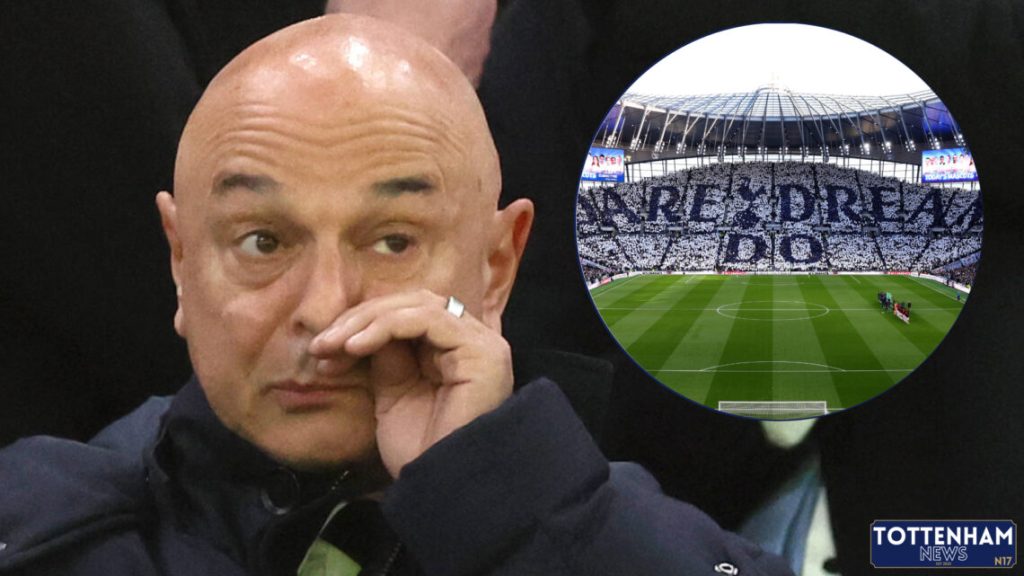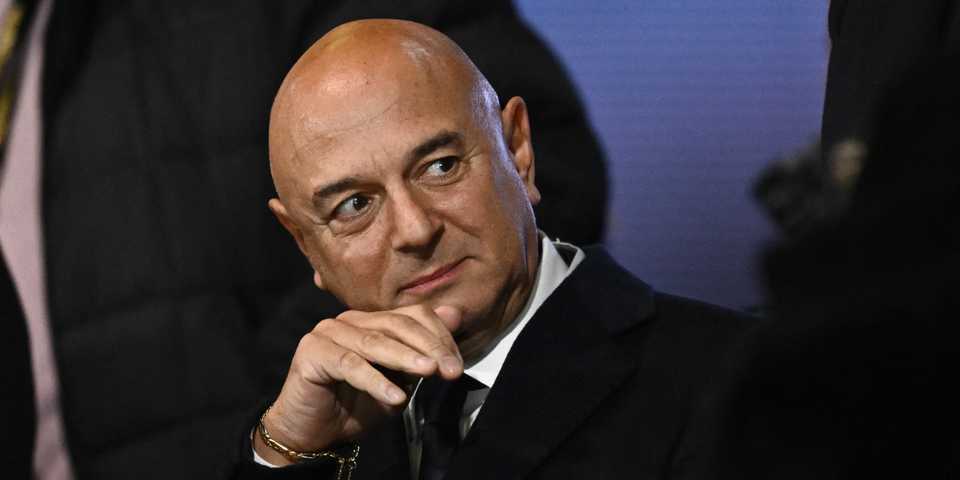The world of football is rarely short of drama, and the sudden departure of a long-serving chairman is always a moment that sends ripples through the sport.
In a move that surprised many, Daniel Levy has stepped down from his role as chairman of Tottenham Hotspur, bringing an end to a remarkable twenty-five-year era.
For a quarter of a century, Levy was the defining figure at the helm of the club, its longest-serving Premier League chairman and the architect behind its modern identity.
His exit marks not just the closing of a chapter, but the beginning of a completely new story for the North London side.
In his farewell statement, Levy expressed immense pride in the work accomplished during his tenure. He reflected on building Tottenham into a “global heavyweight,” highlighting not just the success on the field but the creation of a strong community around the club.
He thanked the employees, players, managers, and fans who had been part of what he openly admitted wasn’t “always an easy journey,” but one where he believed “significant progress has been made.”

His words painted a picture of a man deeply connected to the club, promising to continue supporting it passionately from the sidelines.
However, the timing of his departure left many fans and observers scratching their heads. The club is arguably in its most promising position in years.
Just last season, the team ended a long and painful trophy drought by lifting the UEFA Europa League under Ange Postecoglou.
Furthermore, the current campaign has begun with impressive momentum under new coach Thomas Frank, who was backed with several exciting signings in the summer transfer window.
On the surface, things seemed to be looking up, making the decision seem sudden and unexpected.
Beneath the surface of recent successes, though, lay a deeper story. According to reports, the club’s ownership group, ENIC, arrived at a unanimous conclusion.
Despite the Europa League victory, they believed that the overall lack of sustained success on the pitch during Levy’s long reign meant a change in leadership was essential for the club to finally deliver on its full potential.
That European trophy, while celebrated, was ultimately seen as insufficient compensation for the previous years of near-misses and frustrations.
This feeling was echoed by a significant portion of the fanbase. While Levy’s business acumen was rarely questioned he oversaw the construction of a world class stadium and a state-of-the-art training facility the consistent failure to translate that off-pitch success into Premier League titles or genuine Champions League contention created a growing sense of restlessness.
A revolving door of managers came and went, each unable to crack the code for sustained silverware, and the responsibility for that ultimately rested at the top.
It is important to note that Levy’s influence was still felt in the recent positive steps. He was instrumental in appointing the highly-rated Thomas Frank as head coach, a move that has so far been met with approval.
Yet, the ownership decided that a fresh start at the very top was the final piece of the puzzle needed for a new direction.
The club was quick to assure everyone that this is not a change in ownership, but a change in leadership structure. Stepping into the newly created role of non-executive chairman is Peter Charrington, a current director of ENIC.
This move is part of a clear succession plan that has been quietly unfolding for months, including the hiring of Vinai Venkatesham as Chief Executive Officer and Martin Ho as the women’s head coach.
In his own comments, Charrington paid tribute to Levy’s monumental contributions, acknowledging the “commitment and loyalty” he and his family have shown the club.
But he also clearly defined what comes next: “a new era of leadership.” His focus is squarely on “stability and empowering our talented people,” putting his faith in Venkatesham and the executive team to lead the day-to-day charge.
Ultimately, Daniel Levy’s legacy at Tottenham is complex. He is the chairman who built a financial and infrastructural powerhouse, a club capable of competing with the very best.
Yet, he is also the chairman who ultimately departed because that on-pitch competition did not yield enough trophies.
His exit isn’t about a single failure; it’s a strategic decision made by owners who believe that after twenty-five years, a new voice at the top is the final ingredient required to turn undeniable potential into consistent glory.

